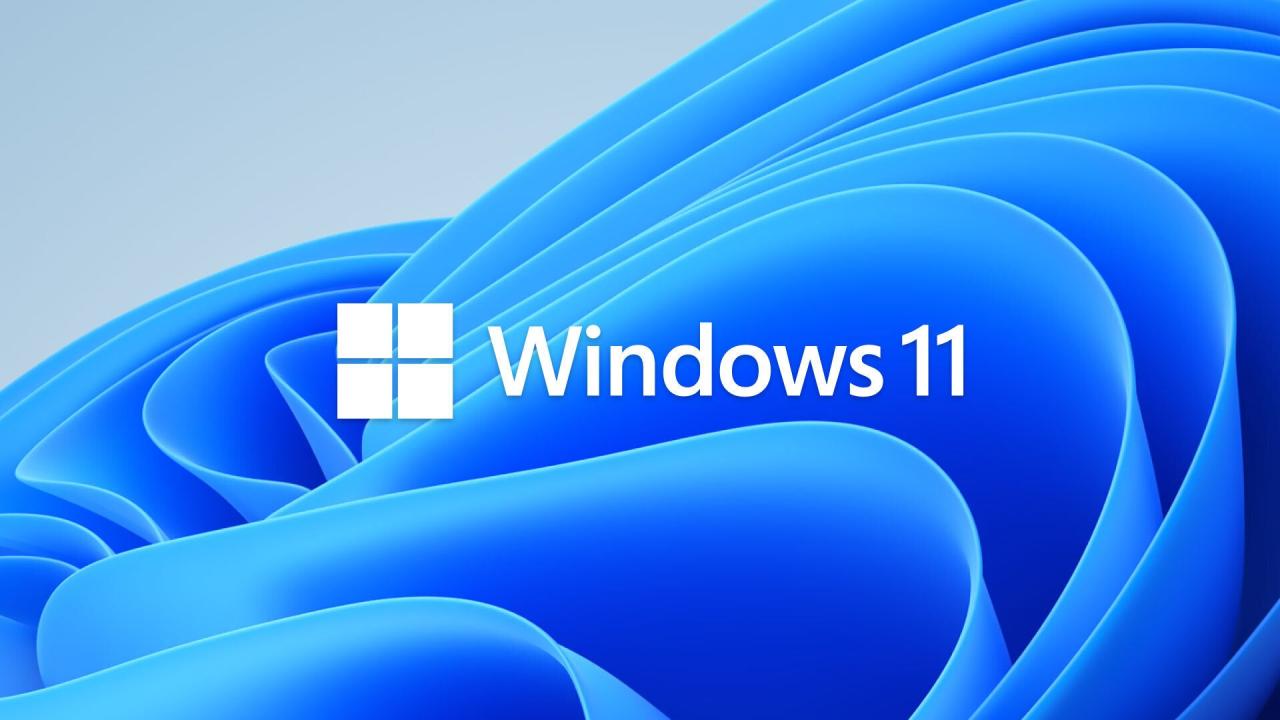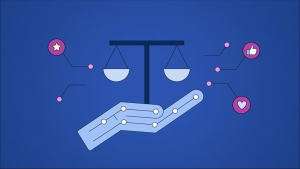Microsoft’s AI revolution at Build has one goal: automate everything
Microsoft spent last Monday introducing us to a new era for our computers. It announced PC Copilot+ and AI features like Recall, but it still had a lot to talk about, although this time it was aimed at businesses. In fact, the opening keynote of its Build 2024 event for developers was entirely focused on developers and businesses. Satya Nadella spoke about a whole series of components with AI and Copilot as absolute pillars. The goal: to automate many of the processes in which artificial intelligence can offer promising help.

Microsoft’s cloud infrastructure is certainly preparing for such a boom in the use of these processes in the enterprise. The Redmond-based company has invested billions of dollars in reaching agreements in various countries around the world in recent months, and Nadella spoke of how it had multiplied its supercomputing capacity by 30.
He also announced the launch of the so-called Windows Copilot Runtime, which allows the creation of all kinds of AI applications and models. It is the component on which functions such as Recall, CoCreator or automatic translation are based, for example, and provides a series of elements to build all these new tools.
GitHub Copilot also plays an important role here, and is now enriched by the so-called GitHub Copilot Extensions. These extensions make it possible to develop and deploy cloud applications using natural language and without having to leave your integrated development environment (IDE).
For Nadella, this brings us closer than ever to a future in which “anyone will be able to go from idea to code in an instant.” This is something that Jensen Huang, CEO of NVIDIA, has already pointed out, who also outlined the idea that AI will very soon program for us.
But the technology that’s really taking off is Copilot. With Copilot Studio and the just-announced Copilot Connectors, Microsoft is giving businesses and developers the ability to create custom assistants that can become virtual employees of sorts, performing tasks for them automatically. The idea is partly unsettling — we’re back to the debate about AI and the future of work — but, for Microsoft at least, inevitable.
Robots have already taken some jobs from us, now they will take others from us
With these tools, Copilot will be able to monitor email inboxes and automate several tasks based on them. Copilot’s ambition is to create the future of ” AI agents ” that we’ve talked about: applications that are not passive, but active, which is precisely the approach that the original Rabbit R1 offered when it was launched.
Microsoft made it clear by saying that “Copilots are evolving from copilots that work with you, to copilots that work for you.” For the Redmond company, this is just the beginning.
Microsoft’s approach here may seem awkward, but it certainly seems inevitable that the automation that once occurred in large factories on the assembly line will now occur in other repetitive tasks that these “AI agents” will be able to solve.
The impact this may have on the world of work is unknown, but here too doubts arise about these generative AI models, which are not exactly known for their precision: they make mistakes and invent data, so we will have to be very attentive to the implementation and use of these AI agents.
Likely, this is precisely why the initial impact will be quite small: only very limited tasks can be automated in which these agents can guarantee perfect behavior. Here Microsoft is certainly laying out the tools to be able to start doing so. We will have to see how they end up being implemented in companies and whether they fulfill their purpose.

With years of experience in technology and software, John leads our content strategy, ensuring high-quality and informative articles about Windows, system optimization, and software updates.












Post Comment
You must be logged in to post a comment.